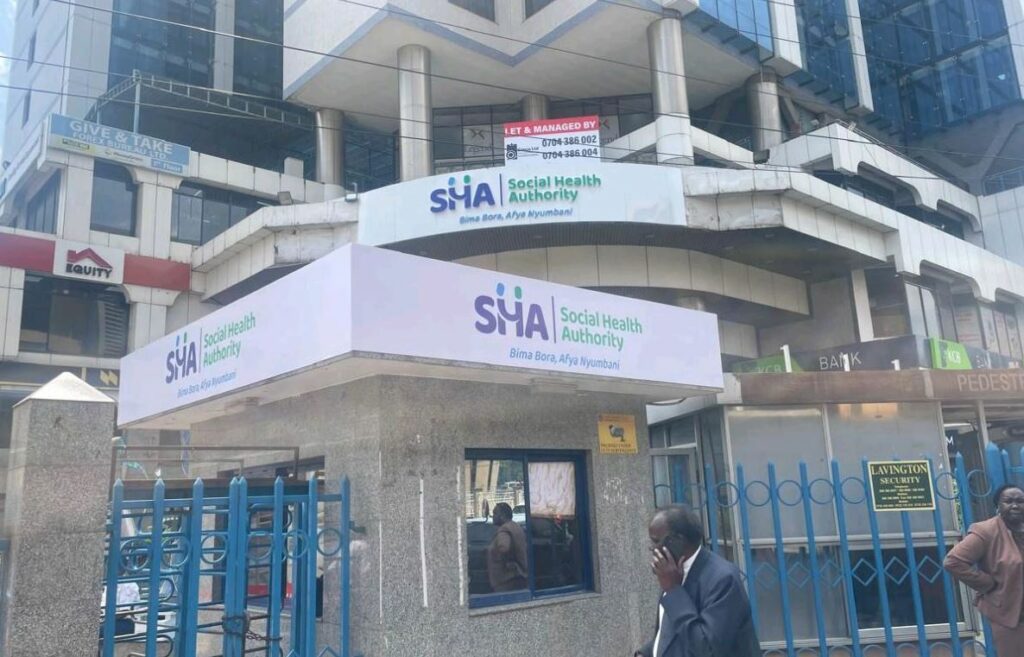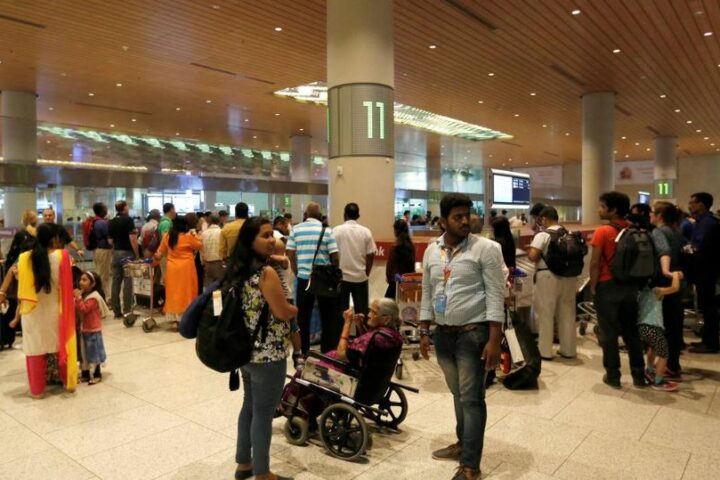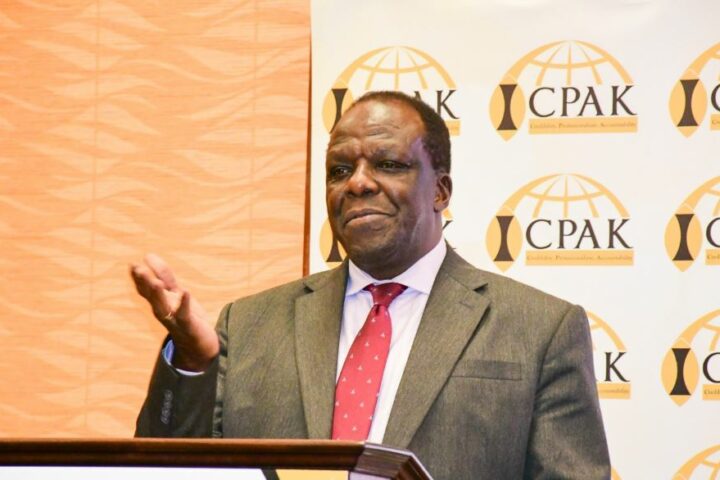 Teacher strikes and soaring school fees are at the heart of the challenges facing Kenya’s education system as seen in the 2024 Kenya Certificate of Secondary Education (KCSE) results. Out of 958,928 candidates, a troubling 74.5%, or 712,537 students, failed to achieve the minimum university entry grade of C+.
Teacher strikes and soaring school fees are at the heart of the challenges facing Kenya’s education system as seen in the 2024 Kenya Certificate of Secondary Education (KCSE) results. Out of 958,928 candidates, a troubling 74.5%, or 712,537 students, failed to achieve the minimum university entry grade of C+.
This left only 246,391 students eligible for direct university admission, forcing the rest to explore alternative options such as Technical and Vocational Education and Training (TVET).
This isn’t just about statistics. These figures highlight deeper issues that teachers, principals, and education officials are urging society to confront. Here’s a closer look at what’s causing this troubling trend:
One of the most glaring issues resulting in poor KCSE performance was the disruption caused by frequent teacher strikes. The strikes, heavily tied to disputes over the Collective Bargaining Agreement (CBA), delayed promotions, and low pay, led to serious interruptions in learning.
According to James Gitau, the principal of MP Shah Chania High School in Thika, *“When teaching is stopped or minimized during strikes, students lose out, and it’s tough to make up for that lost time.”*
The additional strain of transitioning to Junior Secondary under the new Competency-Based Curriculum (CBC) further exacerbated the situation. With classroom instruction at a standstill during strikes, students entered the KCSE exams unprepared, showing the devastating impact of these disruptions.
Another significant roadblock was financial strain. In 2024, many families struggled to afford school fees, forcing students to stay home for extended periods. Missing out on classwork not only cost these students valuable time but also eroded their academic momentum.
Principal Faith Mwarama of Thika Karibaribi Girls High School explained, *“When parents can’t pay fees, students don’t just lose time; they lose momentum. It’s a slippery slope that affects their performance in school and exams.”*
Delayed government capitation funds compounded the problem. Schools depending on these funds struggled to acquire essential resources like textbooks and lab materials, vital for subjects requiring practical lessons. Principals liken this to “running a marathon without shoes.”
Principals are rallying around the need for the government to take concrete action. They’ve proposed the following urgent steps:
- Timely disbursement of capitation funds to ensure schools can meet operational needs without interruptions.
- A structured bursary system to support needy students and ensure they remain in school.
The principal of Thika High School emphasized that consistent government funding is essential for creating stability, enabling both students and teachers to effectively prepare for national exams.
There’s widespread consensus that 2024’s challenges must not repeat in 2025. Education experts and school leaders have proposed several strategies:
- Fix Funding Delays: Schools need predictable and timely funding. Parents and students should not bear the consequences of financial shortfalls.
- Address Teacher Concerns: Resolving teacher grievances around pay, promotions, and work conditions can prevent further strikes and maintain classroom continuity.
- Improve Financial Management: Schools should adopt robust budgeting strategies to ensure critical academic resources are prioritized, even in lean financial times.
As the nation approaches 2025, uncertainty still lingers. Reports of further delays in capitation fund disbursements are already causing frustration among educators. There’s a growing fear that without decisive action, the cycle of poor performance may persist.
Nevertheless, education stakeholders remain hopeful. They believe collaboration between the Ministry of Education, schools, and the government can bring about meaningful change. However, time is of the essence, and failure to act will only increase the cost for Kenya’s students and its future prospects.








